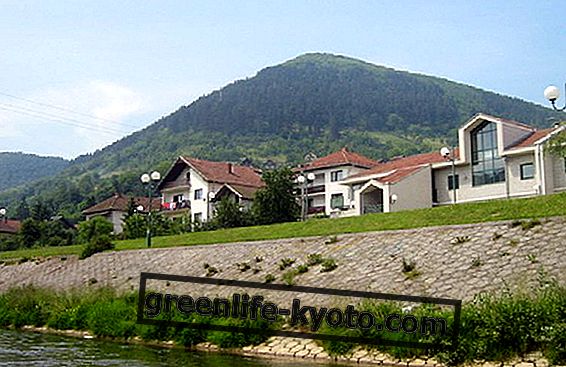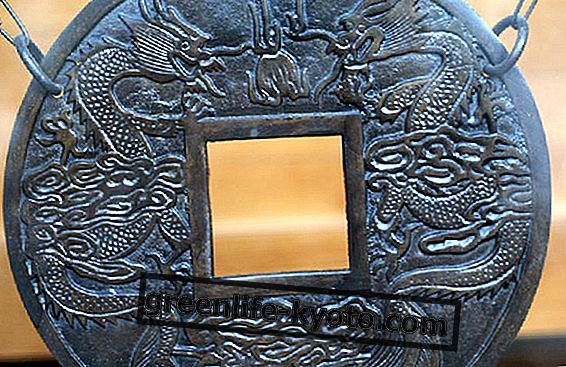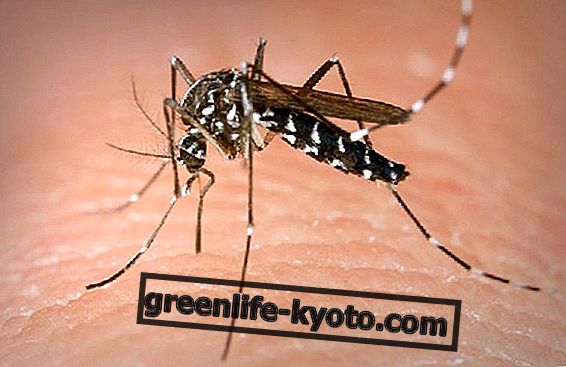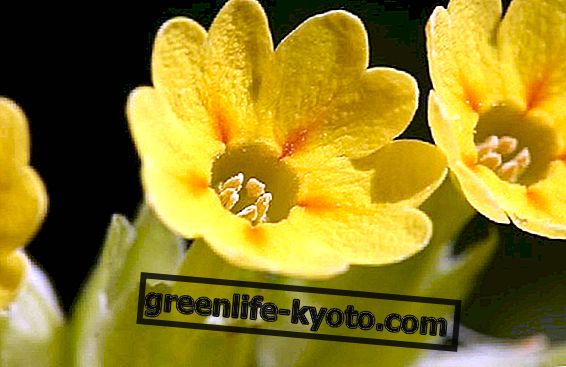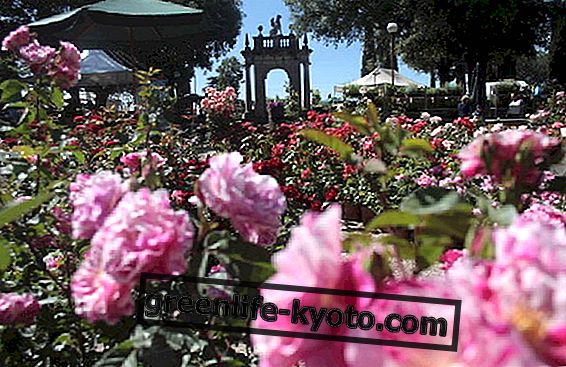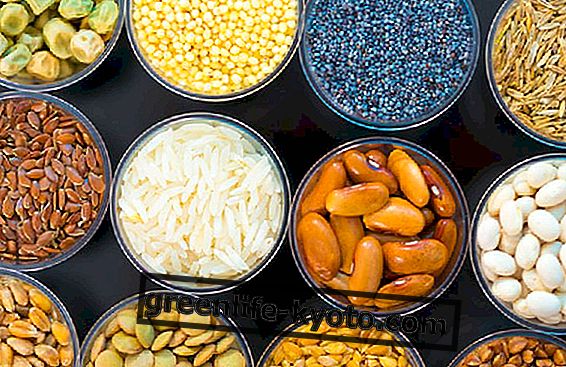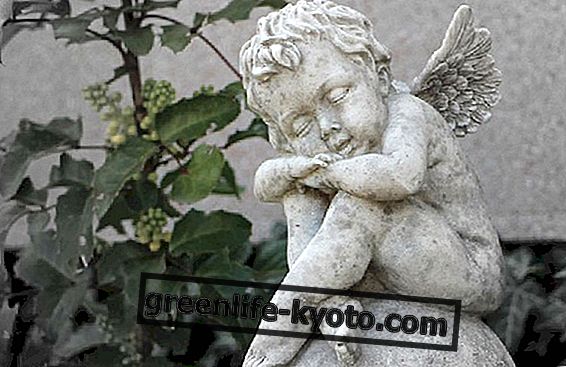Iridoids are a heterogeneous group of molecules with different therapeutic activities: anti-inflammatory, antalgic, antirheumatic, spasmolytic, antiallergic and hypotensive . The name derives from the Australian ant Iridomyrmex which would seem to use them as a defense mechanism.
>
>
>
Dried plant of Harpagophytum procumbens from which iridoids are extracted

Where are the iridoids
Iridoids are present in several plants, including Harpagophytum procumbens (Burch.) DC. ex Meisn., Valeriana officinalis L., Olea europea L., Plantago lanceolata L.
The Harpagophytum procumbens (Burch.) DC. ex Meisn., known as the Devil's Claw, is used for its anti-inflammatory and antirheumatic properties, and is the most well-known iridoid plant. Originally from South Africa, it is characterized by the fruit provided with thorns (claws), hence the name of the plant. It is a perennial herb with creeping stems that originate from a primary root, from which the secondary tuberous roots depart. The leaves are gray-green and the tubular flowers are yellow or purple.
In the devil's claw there are iridoid monoterpene glycosides, concentrated in the secondary roots, among which the most important are the arpagoside and the procumbide.
Valerian, known above all for its hypnotic and sedative properties, is characterized by the presence of a group of iridoids, the valepotriati .
Valerian is a perennial herbaceous plant, characterized by a stoloniferous rhizome, branched and grooved cylindrical stems in the upper part. The opposite lanceolate leaves. The small, pinkish-white flowers are united in corymbs. The fruit is an achene. Its distribution area covers all of Europe.
The olive tree, universally known for extracting oil from its drupes, contains 5-6% of secoiridoids, expressed as oleoside. Oleuropein has an antioxidant, hypotensive, spasmolytic, hypoglycemic action .
The plantain, Plantago lanceolata L., grows abundantly along the streets and meadows. Also known as five-vein grass, it is characterized by lance-shaped leaves (although there are other species with larger leaves). Plantain is known for the laxative properties of the seeds and anti-inflammatory properties of the leaves. The plant contains iridoids, including the aucubine; the latter, by hydrolysis, forms aucubigenin, the active compound.
Properties of iridoids
The study of these compounds is quite recent and initially focused on the antirheumatic properties of the devil's claw . The root extracts of this plant have a mechanism of action similar to NSAIDs (non-steroidal anti-inflammatory drugs). It is likely that the harpagophytum acts by inhibiting cyclooxygenase (COX-2) and nitrite oxide synthetase, which regulates inflammation.
The activity of the harpagophytum is referred to the harpagoside, the iridoid present in greater quantity (up to 80%). Although as often happens in phytotherapy, the administration of the single active ingredient does not reproduce the activity of the entire phytocomplex: the harpagoside alone shows analgesic activity but not anti-inflammatory.
The harpagophytum acts by inhibiting the synthesis of eicosanoids (regulators of the inflammatory response) in vitro, but some authors hypothesize that the analgesic and anti-inflammatory activity can be determined by a mechanism different from that of the NSAIDs, so that the harpagophytum is also used in the treatment of digestive disorders.
In this regard, the harpagoside has a bittering power comparable to that of the gentian. Devil's claw is used as a stomachic and is considered among the most effective tonic bitters. It works by promoting the production of bile and the emptying of the gallbladder.
The devil's claw is commercially available in different pharmaceutical forms: hydroalcoholic extract or mother tincture, dry extract, in ointments and ointments for external applications. Literature data indicate that the efficacy of the drug is reached with at least 30 mg / day of arpagoside, with optimal effects around 60 mg / day for chronic pain and 100 mg / day in acute cases .
The sedative and hypnotic action of valerian is attributable to valpotriats, esters of iridoids, among which the most important is the baldrinal, an unsaturated aldehyde. The drug is the root and the rhizome of the plant.
The mechanism of action involves the gamma-aminobutyric acid system (GABA) and the benzodiazepine receptor . The action affects the central and vegetative nervous system, reducing the anxious component. Its properties are similar to those of the main tranquilizers, but without the toxic effects.
A study has shown that valerian improves the duration and quality of sleep in subjects suffering from insomnia following the suspension of benzodiazepines. These effects have been attributed to the weak anxiolytic activity of the drug.
Valerian is commercially available in different pharmaceutical forms: mother tincture or hydroalcoholic extract, dry extract and herbal tea cut.
Contraindications of iridoids
The devil's claw is easily tolerated if used every day up to a maximum of 16 weeks. However, there is the possibility of interaction with numerous antacids, antidiabetic drugs, antihypertensives, warfarin, antiarrhythmics, NSAIDs and / or cortisone drugs .
Furthermore, it is contraindicated in pediatrics, pregnancy, for oxytocic action (inducing birth) and lactation, acute gastropathies, peptic ulcer, reflux esophagitis. In some predisposed subjects or in high doses it can give diarrhea.
Valerian valepotriats taken at high doses can induce headaches, gastrointestinal disorders, sleep disorders, and restlessness . Furthermore, valerian prolongs the sleep induced by barbiturates, therefore it should not be taken in the days prior to surgery. Finally, it is not recommended during pregnancy and lactation and if at the same time sedative-hypnotic substances are taken or treated with antiepileptic drugs.

